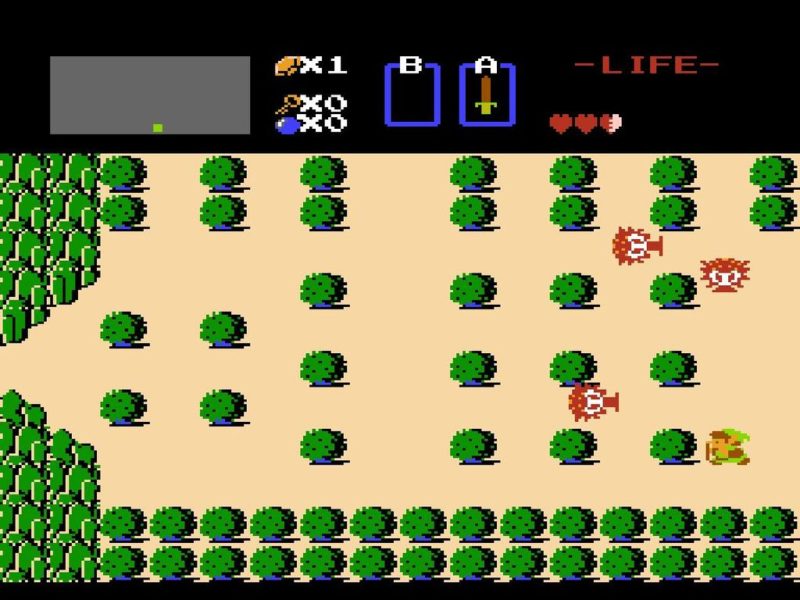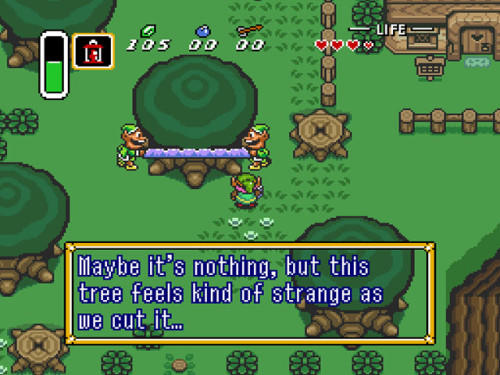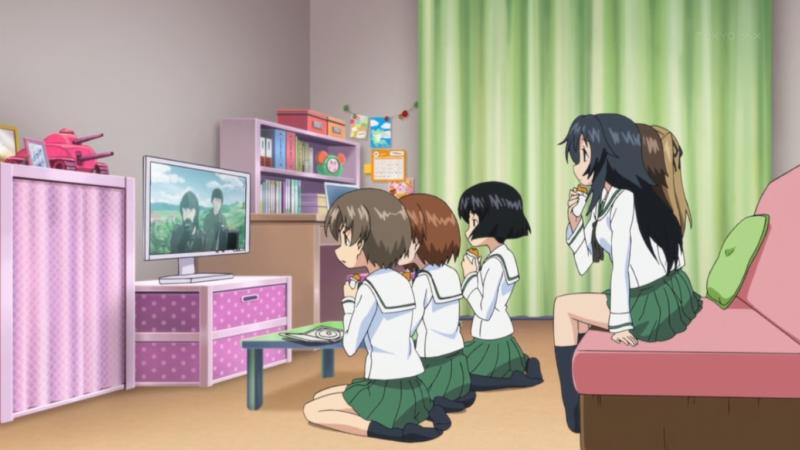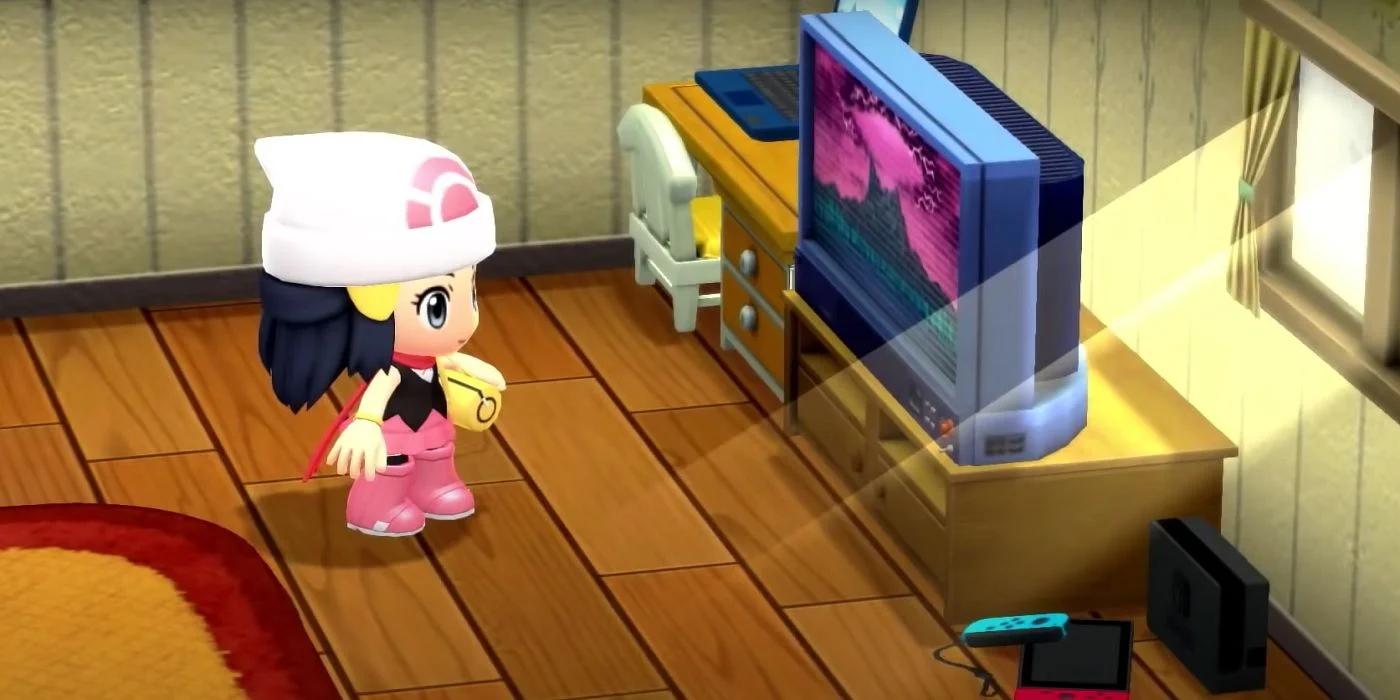
Every week, some upcoming video game is leaked to the Internet. Either you have an entire ROM (read only memory) drop of the game, or leaks of screenshots and gameplay videos. For old-school gamers like me, it’s nearly impossible to avoid spoilers with how prevalent they are on the Internet. You see, I grew up gaming before the Internet was a thing, and even once it was a thing, spoilers remained scarce. I drew my own maps and wrote my own guides as I worked through a game blind. The original Legend of Zelda held such discovery!
When The Legend of Zelda: The Breath of the Wild released, I managed to play the game blind. It was like revisiting my childhood, only I didn’t have to draw a paper map thanks to improvements of in-game maps. But the some wonder, the same sense of discovery, of mystery remained. Yet, there seems to be a fear, an anxiety, around such uncertainty in many gamers I’ve spoken with. They won’t play a game until after they’ve watched someone else play the game through in its entirety. Some of the Internet’s spoiler culture seems related to this anxiety.
The other factor behind this spoiler culture is the desire to be first. People want to be first to announce something new, to gain the attention and views. This, in turn, can translate to ad revenue. Of course, these people wouldn’t do this if others didn’t consume such spoiled content. There’s a market for spoiling movies, video games, and even books. While I can understand the excitement surrounding a new game release, what’s the point of playing it if you already know the story, the battles, and the character arcs? The point of watching a movie or playing a video game is to experience the story, but if you’ve already experienced the story vicariously in its entirety, what’s the point? It’s difficult for me to avoid spoilers surrounding a major game release because spoilers have become the default form of coverage on many outlets. When a major Zelda title releases, I enforce an gaming news blackout once I know the release date of the game and while I play through the game.

Many also want to be the first to play to game before it is officially released. The first can stream and review the game’s content long before those who buy the game from stores. There’s a certain prestige or reputation to this. Those who dump the game online have their own motives too. I can only speculate; I surmise some want to stick-it to the companies. Others just want to release the game to help others or for the technical challenge. Either way, this piracy damages the very industry gamers enjoy.
Frankly, I dislike the spoiler culture. Even official game trailers show too much gameplay and content for my taste. Many trailers I’ve seen spoil major story beats and mechanics I would’ve rather discovered on my own. The fact companies have to share far more gameplay to sell their games suggest the market has drifted toward spoiler content. While I understand wanting to know if a game is worth your money and time, video game and movie trailers have skewed too far into spoiler territory. Many film trailers show the entirety of the story within their segment, exempting the ending. There’s little point to sit through a movie where the trailer has shown the major plot points.
All of this suggests our culture cannot deal with uncertainty. People want more of the same, if a little different. I’ve read many New York Times Bestseller books, and they have a predictability that makes the books boring. I know what’s going to happen because I’ve read the templates dozens of times before. Yet that predictability seems to be what makes a book a bestseller. So too, predictability in video games and movies seems to be a factor. Look at the Call of Duty franchise. They all follow the same sort of gameplay and story beats. The details vary, but they are all the same game in the end. There’s nothing wrong with this. I enjoy Mario games, and they do the same thing. However, the sameness of these sort of games, combined with spoiler culture, suggests a fear of uncertainty and of uniqueness. Popular media of all types suffer from templates. Even spoiler culture itself seems templated. A game is announced. A few weeks before launch the game is leaked. Then comes the screenshots, mechanics breakdown, and gameplay videos before launch and on day-one of the release. There’s just no point in buying and playing a game when you’ve already seen all the game has to offer. So too with movies and books that have been spoiled and follow templates.

When I was growing up, we would go to the video rental store and take a chance on a movie. Trailers were relegated to theaters and a smatter of TV commercials. Often, you didn’t know a movie was released until you saw it on the VHS trailers (to really age myself) and later on DVD. All you had was word-of-mouth and that had the unbreakable rule of no spoilers. Certainly, we rented a lot of duds. I played a lot of terrible NES and SNES games over those rental weekends. I had bought many bad games in those days. While it’s nice to have more information to avoid getting bad games or watching bad films, we’ve gone too far. The unbreakable rule has long since been broken to the point where even those of us who want to avoid spoilers have to go out of our way to avoid them. There’s no going back, of course. The anxiety surrounding uncertainty, the ability to avoid paying for something new, the push to be first, and the general loudness of the Internet prevents us from returning the the spoiler-free days. All you can do is reduce your Internet consumption when something you’re excited about comes close to release. That means unplugging from social media, hiding your video subscriptions, and otherwise avoiding media news sites a few months before a release so you can enjoy the video game, movie, or book blind.
If you are one of the people who feel anxious about playing a video game blind, you need to take a moment to reflect. The point of gaming is to have fun and experience a story. There’s nothing to be anxious about. Instead, aim at cultivating a sense of curiosity and discovery by exposing yourself to uncertain, mild-anxiety inducing things. This can range from facing a fear of heights to just driving a different route to the store. Getting comfortable with uncertainty doesn’t only benefit your video gaming and media consumption, but it also helps with everyday life. Life, after all, is uncertainty itself. So, in other words, playing video games blind when you have anxiety about uncertainty trains you so you can face life’s uncertainties.




Fascinating thoughts about the psychology of spoilers! If this was a YouTube channel I would subscribe to all of your explainer videos.
Reading your article made me think of a quote. “The medium is the message” – it’s one of the most paradigm shifting and self-unpacking principles I learned about media, written by a theorist named Marshall Mcluhan. He proposed that technology actually shapes psychology, and contends that the printing press changed humans from receiving knowledge aurally to receiving it through visual abstractions. He also mentions how the telegraph collapsed temporal and physical distance into a near-real-time contemporaneous flow of information and news, even if you were on opposite sides of the continent.
“Technology is an extension of the human body” makes sense from those examples. So when I think of the internet or YouTube or spoiler videos made possible by YouTube, or even the Nintendo Power Magazine some people used to beat Zelda 64 *cough cough* as augmentations to the human body, then it’s interesting what that does to the whole diagnosis of the issue at hand. Maybe the symptoms of this “Microwave Generation” are actually symptoms of the microwave itself.
I want to give obvious qualifiers for the chicken vs egg nature of my response but I’m giving myself a character limit as a sign of good character.
Marshall Mcluhan’s assessment makes sense. The human mind creates the technologies that later shapes that same mind. However, this isn’t always a positive loop. We see this with the diminishing ability to focus and problems like ADHD appearing as a result of technology training the brain to focus for only short spans of time. Compared to books which train the brain to focus for longer spans of time.